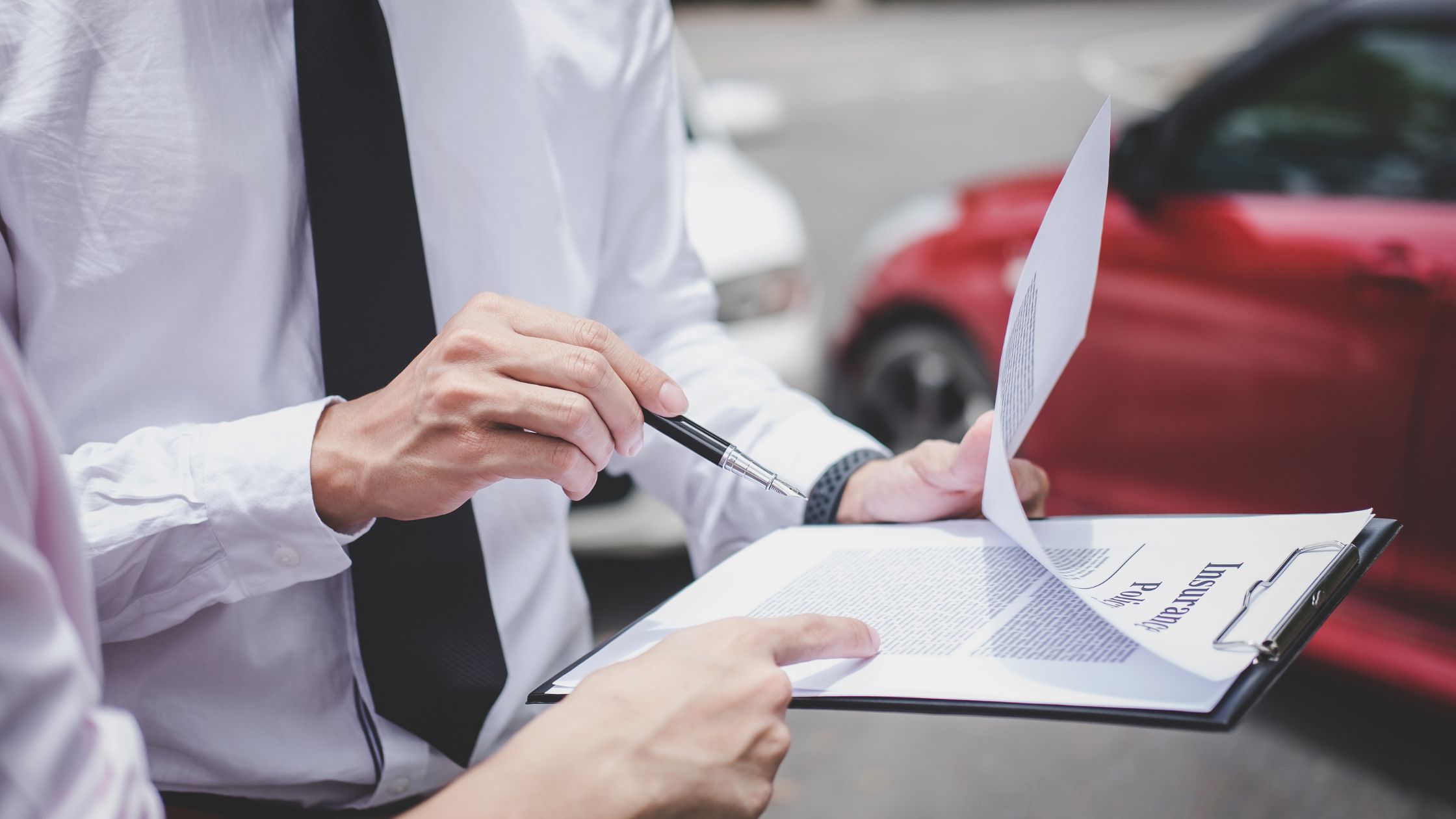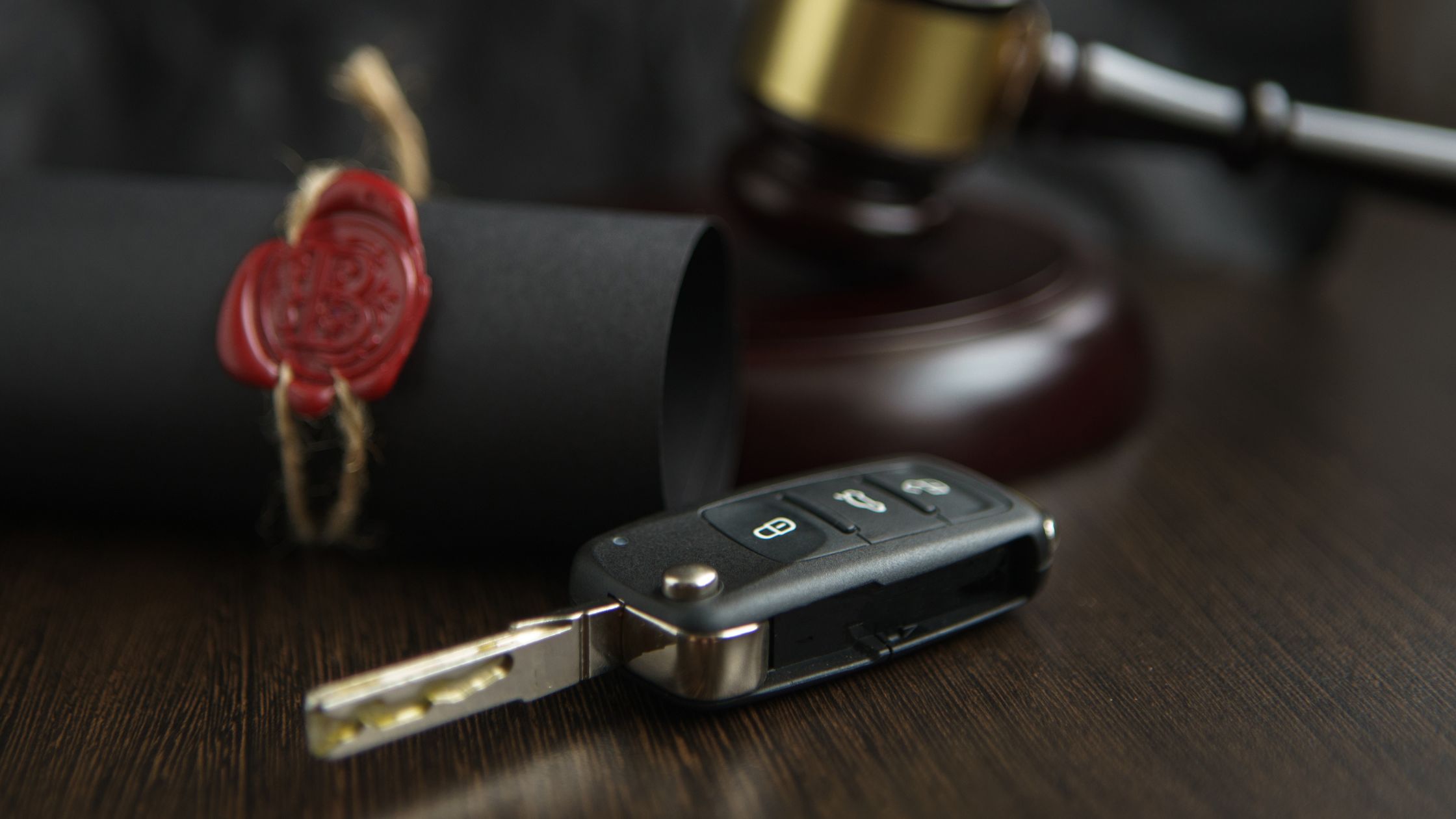Introduction:
Being involved in a car accident can be a stressful experience, but gathering the right evidence can make a significant difference in your ability to claim compensation. This guide outlines the key types of evidence you must collect to effectively support your car accident case.
1. Documenting the Accident Scene
Collecting evidence at the scene of the accident is crucial:
- Photographs: Take clear photos of the accident scene, including vehicle positions, road conditions, traffic signs, and any visible damages. For instance, capture the exact location of the vehicles, any skid marks on the road, and the condition of the traffic signs. Capture multiple angles to provide a comprehensive view.
- Videos: Record footage of the scene, showing more details and context than photos alone.
- Weather Conditions: Note the weather conditions at the time of the accident, as they can impact the accident’s circumstances.
2. Vehicle Damage Evidence
Documenting vehicle damage is essential for your claim:
- Damage Photos: Take detailed pictures of all vehicles, highlighting the damages. Make sure to photograph both the exterior and interior damages.
- Repair Estimates: Obtain repair estimates from reputable auto repair shops to provide an accurate assessment of the damage costs.
3. Witness Statements
Witness statements can provide an unbiased account of the accident:
- Collect Contact Information: Get the names, phone numbers, and addresses of any witnesses at the scene.
- Written Statements: Ask witnesses to provide written statements describing what they saw. Their accounts can support your version of events.
4. Police Reports
A police report is a vital piece of evidence:
- File a Report: Always call the police to the scene of an accident, regardless of its severity. A police report documents the accident officially and includes important details such as the time, location, and involved parties.
- Please obtain a Copy: Request a copy of the police report as soon as it’s available. This report can be instrumental in proving fault.
5. Medical Records
Medical evidence is critical for proving injury claims:
- Immediate Medical Attention: Seek medical attention immediately, even if you feel fine. Some injuries might not be immediately apparent.
- Detailed Records: Keep all medical records, including doctor’s notes, treatment plans, prescriptions, and bills. These documents prove the extent of your injuries and their impact on your life.
6. Employment Records
If your injuries result in lost wages, employment records are necessary:
- Proof of Income: Provide pay stubs, tax returns, or a letter from your employer to document your income before the accident.
- Lost Wages: Keep records of any time taken off work due to the accident and any lost wages.
7. Communication with Insurance Companies
Record all interactions with insurance companies:
- Written Communication: Document all emails, letters, and notes from phone calls with insurance adjusters.
- Claims Process: Keep a detailed log of the claims process, including dates and times of communication and the names of the people you spoke with.
8. Expert Opinions
Expert testimony can be invaluable in complex cases:
- Accident Reconstruction Experts: These professionals can recreate the accident to provide insights into how it occurred and who was at fault.
- Medical Experts: Medical professionals can provide expert opinions on the severity of your injuries and their impact on your future.
Conclusion:
Building a strong car accident case hinges on gathering comprehensive and compelling evidence. By following the steps outlined in this guide, you can significantly bolster your case and increase your chances of receiving fair compensation for damages and injuries. You should feel accomplished and well-prepared to navigate the process.
FAQs (Frequently Asked Questions) About Car Accident Evidence:
Q1: What should I do immediately after a car accident to gather evidence?
- Take photographs and videos of the accident scene, collect witness contact information, seek medical attention, and call the police to file a report.
Q2: Can I use my photos as evidence in a car accident case?
- Yes, photos taken at the accident scene can serve as valuable evidence. Ensure they are clear and comprehensive.
Q3: How can witness statements help my car accident case?
- Witness statements provide independent accounts of the accident, supporting your version of events and helping to establish fault.
Q4: What if I didn’t seek medical attention immediately after the accident?
- It’s important to seek medical attention as soon as possible. Delays can weaken your claim, but documenting symptoms and seeking care promptly after that can still support your case.
Q5: Should I share my medical records with the insurance company?
- Consult with a personal injury attorney before sharing medical records to ensure only relevant information is disclosed.
Q6: Can I handle my car accident case without an attorney?
- While you can handle it yourself, an attorney can provide expertise and increase your chances of a successful claim.
Q7: What if the insurance company disputes my claim despite evidence?
- Gather additional evidence, consider an appeal or mediation, and consult with an attorney to explore legal options.
Q8: How long do I have to file a car accident claim?
- Statutes of limitations vary by state, typically one to six years. Consult with an attorney promptly to understand your deadline.
Q9: What happens if there were no witnesses to my car accident?
- Use other evidence, such as photos, police reports, and medical records, to support your claim. An attorney can help strengthen your case.
Q10: Can I still pursue a claim if the at-fault driver disputes liability?
- Yes, you can still pursue a claim. Provide evidence supporting your account and seek legal guidance if necessary.
For more detailed information, visit the original article on Reiner, Slaughter & Frankel’s website.










